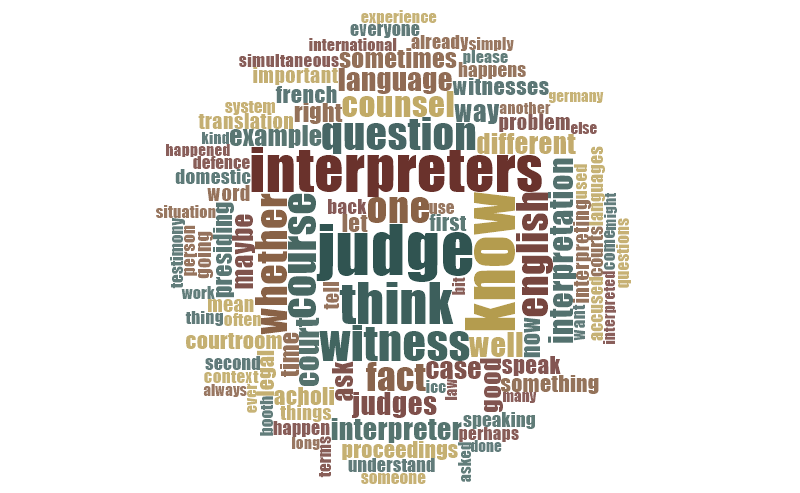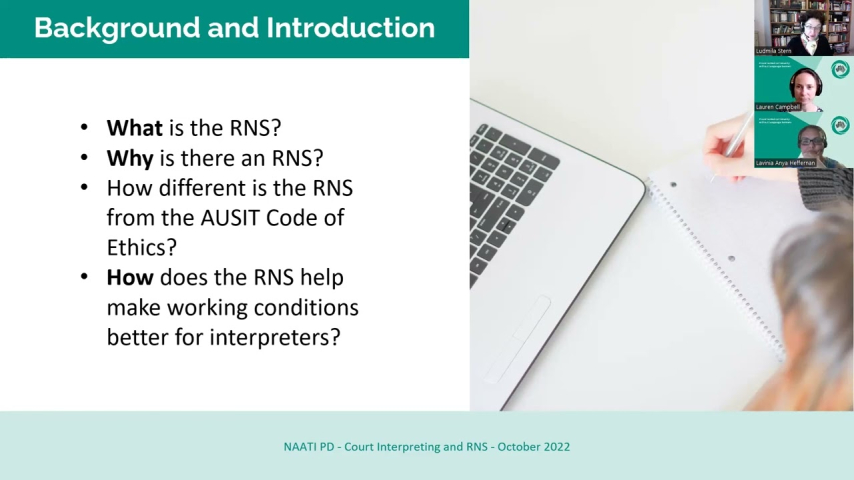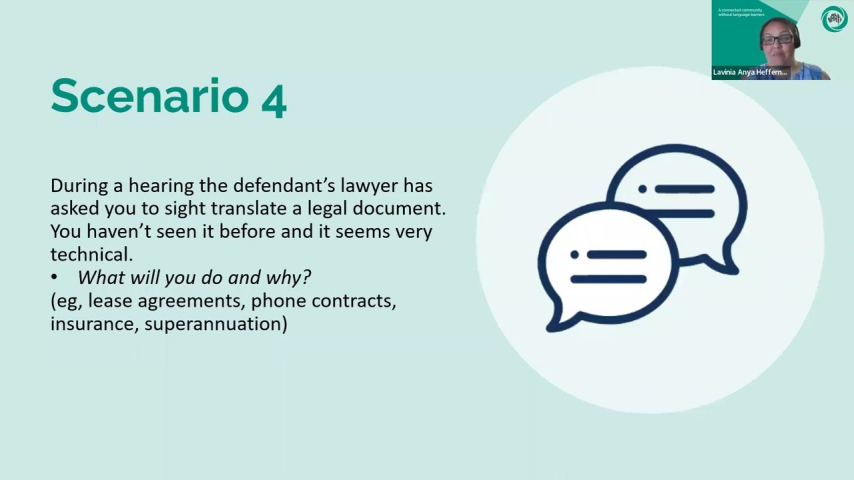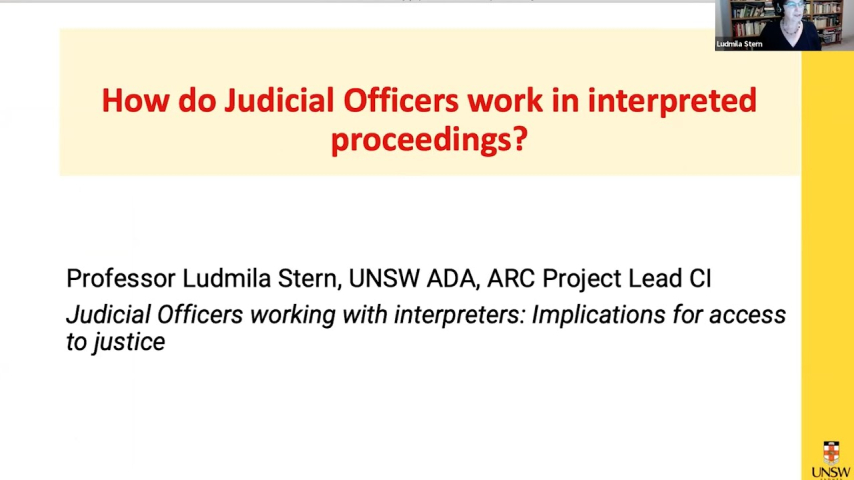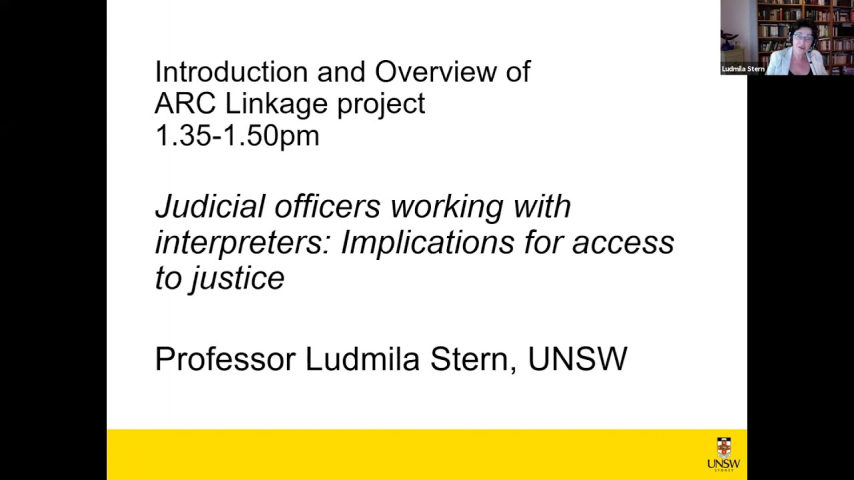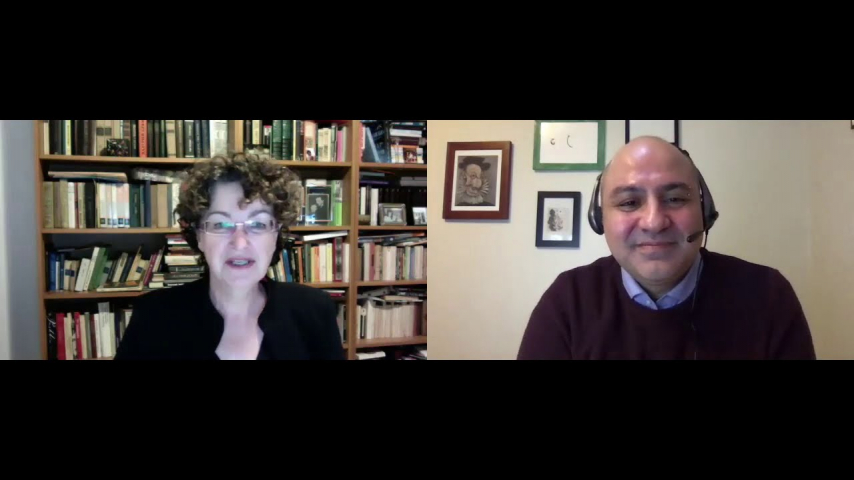This project aims to examine the ways judicial officers can improve courtroom communication and prevent miscommunication and error, particularly in criminal cases where speakers of the 'new and emerging' and Aboriginal languages are involved, and where interpreters receive limited or no specialised training. Using an innovative interdisciplinary approach, the project aims to generate new knowledge in examining the variations in judicial officers’ communications practice when working with interpreters, and their impact on the effective transmission of information in the courtroom. Expected outcomes of this project will include improved outcomes of interpreted communication and a better access to justice for non-English speaking participants. The project's three key aims are to:
1: Explore judicial officers' communication practices in national and international interpreted courtroom proceedings;
2: Identify barriers to access to justice in interpreted proceedings;
3. Develop and disseminate strategic recommendations for enhanced communication strategies in interpreted proceedings.
This project aims to lead to unique benefits to the administration of justice by improving communication with non-English speakers and reducing risks of error when working with interpreters in court. The study will assess the extent of, and obstacles to, implementation of the new Recommended National Standards on Working with Interpreters in Courts and Tribunals, particularly in cases of the 'new and emerging' and Aboriginal languages. Impact will be achieved through improved quality of communication in interpreted proceedings, reduced risk of interlingual misinterpretation and judicial error. This will ultimately improve access to justice for users of the court system from linguistically diverse backgrounds.
This project is led by Chief Investigators Professor Ludmila Stern (Lead) (UNSW), Professor Sandra Hale (UNSW), Professor Stephen Doherty (UNSW) and Associate Professor Melanie Schwartz (UNSW) , in association with the following Partner Organisations: Aboriginal Interpreter Service NT; All Graduates Interpreting and Translation Services; Australian Institute of Interpreters and Translators Inc.; The Australasian Institute of Judicial Administration; Judicial Council on Cultural Diversity, Multicultural NSW, National Accreditation Authority for Translators and Interpreters; TIS National.
